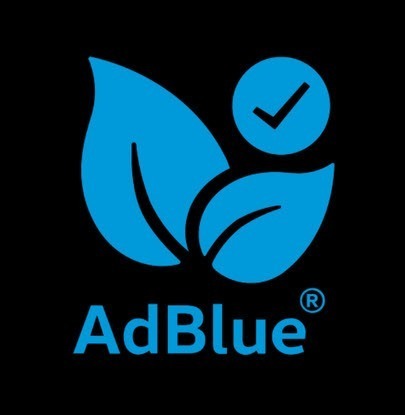AdBlue is a highly purified colorless liquid. It contains demineralized water and urea (32.5%).
AdBlue is used with diesel engines and is also known outside of Europe as DEF, ARLA 32 or AUS 32.
The main active component of AdBlue is ammonia. This is chemically formed by hydrolising automotive urea, which is the main raw material for AdBlue.
More...
AdBlue is used with diesel engines using SCR technology. This technology (Selective Catalytic Reduction) reduces harmful emissions (NOx). AdBlue is injected into the catalyst of the SCR system,
where it triggers a chemical reaction with the ammonia. This chemical reaction converts the toxic nitrogen oxides (NOx) into nitrogen (N2) and water vapor (H2O). Water vapor and nitrogen are naturally occurring gasses that are harmless to the environment.
From 2016, most new diesel passenger cars and light commercial vehicles such as delivery vans need AdBlue to be able to comply with the latest emissions legislation.
At the end of 2017, a new regulation required on the road real emission test (RDE). Since September 2017, all diesel vehicles are equipped with SCR technology.
To meet the Euro 6 standards for diesel engine emission the use of AdBlue is required. The Euro 6 standards are into force from September 2014 for new passenger cars.
All commercial vehicle manufacturers have to meet the Euro 6 standards for diesel engine emission. Although Euro 5 emission standards could be met by different technologies, Euro 6 standards require the use of Selective Catalytic Reduction with AdBlue.
AdBlue checks go nationwide
A regional clampdown on the use of AdBlue emulators found high rates of noncompliance. Some 10,000 truck checks between February and August 2018 turned up 388 vehicles with cheating devices fitted (4%).
This has triggered the rollout of cheat device checks nationwide, as part of Defra's wider policy to cut emissions.
Drivers could be faced with a £300 fine, and even have their vehicle removed from the road if they are caught with an emissions cheat device or faulty emissions control system that is not corrected within 10 days.
Commercial vehicle operators will also face follow-up inquiries by the DVSA, who have the power to inform the traffic commissioners.

